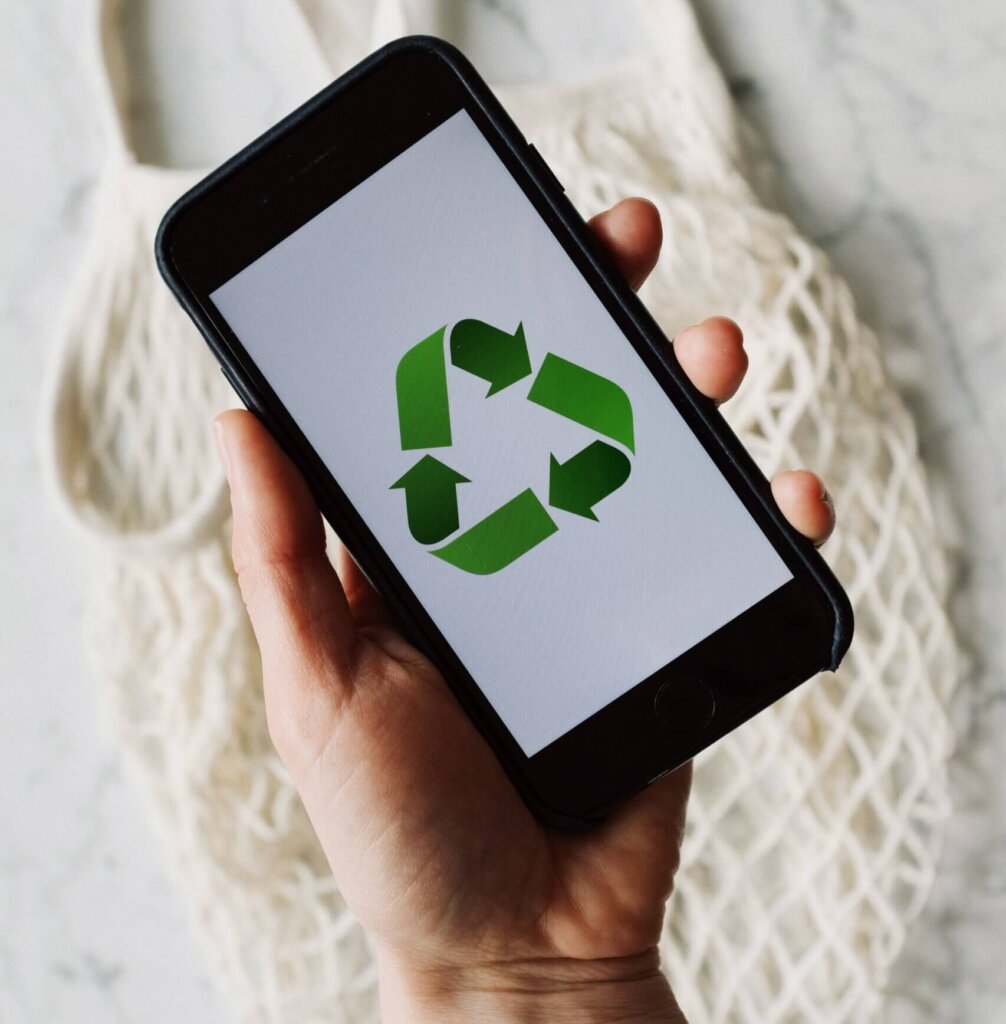Once considered a trend, sustainability in retail is a necessary evolution driven by consumer demand, regulatory pressure, and the need to address our environmental impact. While challenges exist, retailers worldwide are rising to the occasion in varying degrees, presenting innovative solutions that benefit both their bottom line and the planet.
“With sustainability, those who need to do it need to own it. In practice, that means shifting more responsibility from specialist ESG teams to the frontline commercial and operational teams that actually need to make change happen,” explains Bain & Company. “Many retailers, commercial and operational teams may view sustainability as something that’s done to them. They can feel overwhelmed by the sheer volume of calls for change.”
Change and augmenting business practices can take place in many forms with varying degrees. Getting started, and committing to making necessary evolution can be simple yet have a ripple effect throughout a company which spurs on industry contemporaries to join the transition. Sustainability in retail is the practice of conducting business in a way that minimizes negative impact on the environment and society while ensuring long-term viability. This is a strategic imperative for retailers in the 21st century.
As of September 5, paper bags will no longer be available at Liquor Control Board of Ontario (LCBO) locations. “Customers are encouraged to bring their own reusable bag when shopping in-store, and alternatively, may purchase a reusable bag,” the Crown corporation said in an August news release. “This initiative will help to minimize our impact on the environment and create a more sustainable Ontario.”
At Danavation®, we are strongly committed to advocating for and consistently striving toward sustainability in retail through the reduction of paper use and print waste. Our Digital Smart Labels™ technology saves trees – less paper equates to more sustainable business practices. Just as the LCBO is getting rid of paper bags in the near future, electronic smart labels provide an additional opportunity for retailers to address some of their own sustainability issues and reflect on what they could do to align their corporate initiatives with what’s important to their customers.
Consumers are increasingly choosing brands and retailers that align with their values. Sustainable business practices attract eco-conscious shoppers, leading to increased sales and brand loyalty. Retail sustainability encompasses a wide range of practices that begin to address the environmental, social, and economic impacts of the industry. Resource conservation, reduction in waste via recycling and responsible disposal, as well as decreasing carbon footprint by optimizing supply chains and reducing emissions are just a few of those practices.
“We are pleased to see that sustainability remains high on the agenda for many retail companies,” states Leo Pieters, Global Consumer Industry and Sustainability Leader at Deloitte. “We increasingly see the sector focusing on resale and on working to embed sustainability practices across their entire supply chain.”
According to Deloitte’s 2023 CxO Sustainability Report, 73% of Consumer Industry CXOs have increased investments in sustainability over the last year. Companies feel pressure from a variety of stakeholders, with customers, board members, and regulators as the top three.
As more retailers begin to focus their core business strategies toward sustainability trends and development, we will see the adoption of the following practices:
Integration of Technology
Business owners are using technology to advance their brands. Including, transitioning from traditional paper labels to electronic smart labels to limit waste, using data analytics and blockchain to monitor supply chain performance, and assessing their environmental impact.
Local Sourcing
In an effort to reduce emissions, companies may consider making the switch to local sourcing. This two-fold augmentation in business will not only aid in the company’s goal to decrease their carbon footprint with reduced transportation emissions, but by sourcing locally they are also supporting local businesses that previously might have been overlooked.
Eco-Friendly Packaging
While this evolution has been on-going for years, it is top of mind for retailers now more than ever. The switch to more environmentally friendly packaging such as the use of biodegradable plastics and recycled paper assist in the reduction of impact on the environment. This has been a first step for many companies in their journey to sustainability.
Innovative Materials
The development in this field of sustainability is ever-evolving and such an interesting area of growth. Innovative materials and their contribution to sustainability with their use of eco-friendly options is an area where we will continue to see what was thought unimaginable becoming mainstream. Plant-based plastics and sustainable textiles are just a few of these, while mushroom leather is making a statement in high-end fashion via designer Stella McCartney.
These are just a few examples of sustainable practices which can spur growth and truly help to evolve a business with a growth mindset. While challenges may exist, with so many innovative solutions and options available for the adoption of sustainable practices, retailers are rising to the challenge and implementing changes that will benefit the planet and their business.



